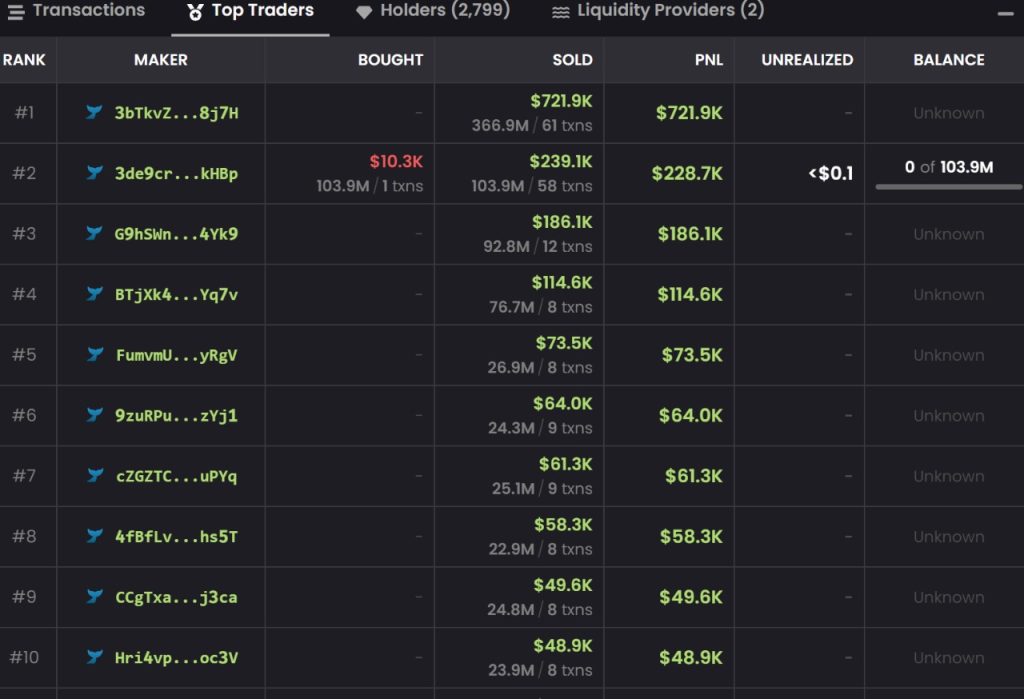Renowned rapper 50 Cent recently disclosed that hackers hijacked his X account and personal website to promote a fake cryptocurrency.

On June 21, 50 Cent, whose real name is Curtis James Jackson, informed his 32.8 million Instagram followers about the breach. Both his X account and personal website, thisis50.com, had been compromised.
The hackers used these platforms to endorse a new meme coin called GUNIT, named after the hip-hop group 50 Cent founded in the late 1990s. 50 Cent clarified that he has no connection with the fake cryptocurrency. He explained that the hackers exploited his extensive social media reach to attract unsuspecting investors.

The scam was a classic pump-and-dump scheme. The hackers created the GUNIT token and used 50 Cent’s influence—he has about 12.9 million followers on X—to artificially inflate the token’s price. As investors bought in, the value of GUNIT reportedly surged, only to crash to $0.00016 after the scammers offloaded their holdings.
50 Cent shared several screenshots on Instagram, illustrating the rapid rise and abrupt fall of GUNIT’s market value. It is believed that the hackers managed to make off with as much as $300 million in just 30 minutes.
However, an analysis of GUNIT trading activity on Dex Screener indicates that the token’s total trading volume in the last 16 hours was just under $20 million. Notably, five accounts offloaded more than 670 million GUNIT tokens worth upwards of $2.3 million. The meme coin currently has 2,799 holders and a market cap of $330,000.
This incident isn't 50 Cent’s first encounter with cryptocurrency. In 2018, reports surfaced that the rapper had made millions by accepting Bitcoin (BTC) as payment for his 2014 album, "Animal Ambition."
According to TMZ, 50 Cent accumulated around 700 BTC, which were worth approximately $662 each at the time, netting him about $463,000. TMZ estimated that the BTC stash would have been worth between $7 million and $8.5 million in 2018.
However, Jackson later denied these claims in court. While he acknowledged accepting Bitcoin as payment, he stated that it did not result in significant earnings for him.
The recent hacking incident highlights the ongoing risks associated with cryptocurrency scams, especially when they involve high-profile individuals. It serves as a reminder to investors to remain vigilant and skeptical of too-good-to-be-true opportunities promoted through compromised accounts.

